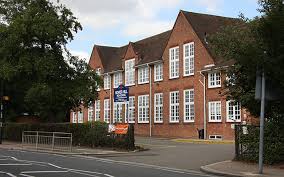Vision
Husayni Madrasah is a space where children and parents can learn and question in an institution founded in the Ja’fari tradition.
Aims and Objectives
- Nurturing taqwa to raise confident and virtuous young Muslims
- To promote an understanding of stewardship of the earth’s resources.
- To offer the learning of religious and other supplementary subjects to Muslim children between the ages of 3 and 20.
- To enhance the children’s social development and create a sense of community irrespective of our differences.
- To provide facilities for the children’s sports activities and physical education.
- To provide training and development to the teachers to enable them to impart the syllabus effectively.
History
Husayni Madrasah is a Sunday school teaching Islamic subjects based in North Harrow, which was established in 1977. Over the 30 years, Husayni Madrasah has developed in various ways. Many of the teachers were students in the very same Madrasah in the past. Teachers still teach purely on a voluntary basis – as has always been the case – with the only intention being for the pleasure of Allah (S.W.T.)
In 1977, a newly qualified doctor, by the name of Nizar Merali, moved from Manchester to London. At this time, he decided to start a Madrasah in his house in Northwood. With the help of an ex-teacher of Mombasa Madrasah, namely Sabira Kanji, he managed to establish the Madrasah.
With students squatting on the floor facing a make-shift blackboard, the Madrasah began to grow and the classes moved from house to house until the first major step to hire School premises was taken.
Initially this Madrasah had no name. In time this moved to Ruislip to be called Ruislip Madrasah and then Maulana Sabzwari recommended the addition of the name “Husayni” and the name was changed to Ruislip Husayni Madrasah. When the Madrasah finally moved to Harrow, the name Ruislip was dropped.
Since then, Husayni Madrasah has evolved in ways which, according to him were “probably unimaginable then.” The Madrasah was not affiliated with any organisation or community, but remained totally independent.
At its peak (from 1987 to 1997) the Madrasah occupied 14 classrooms at Nower Hill High School with children from the age of 3 to the age of 16. The classes used to run from 10:15am – 1:15pm every Sunday morning during school term time – making a total of about 37 sessions in a year. The total number of pupils at this time was 280 with attendance ratings of over 90%. Even by 1987 over 75 teachers had passed through the Madrasah. It is gratifying to know that these teachers have continued to teach at various Madrasahs nationally and internationally; having taken their experiences of Husayni Madrasah with them.
Many teachers even attended institutions to further their learning and to attain teaching qualifications, so that they would be able to part their knowledge to the children they taught. In fact, as early as the 1980s, Husayni Madrasah held its own teachers’ training workshops. Amongst the first of these was one held at Brunel University organised by Late Dr. Sadik Rahom and Fatma Asaria.
For the very young, there were playgroup classes, which were taught by teachers who also used to teach at a local playgroup during the week. The various subjects were taught in such a way that the children picked up vast amounts of knowledge through playing and learning.
The subjects were the same as they are now: Qur’an, Arabic, Islamic History, Fiqh and Current Affairs.
Various Madrasahs made their own books and Husayni Madrasah itself created a set of Arabic Books. This feat was led Haider Asaria, Zuhair Walji and Shirin Merali who strove to produce Arabic textbooks that are now used in many parts of the world. A comprehensive syllabus was also created, which laid out, in detail, the material to be taught to each year group.
Structure
At Husayni Madrasah, we teach 5 main subjects: Qur’an, Fiqh, Arabic, Islamic History and Current Affairs. They are all taught throughout the years except for Current Affairs which is only taught at the more senior level.
- Qur’an is taught from playgroup and has developed into a syllabus that incorporates Arabic, Hifdh and Tafseer of the surah’s that are memorised.
- Islamic History is also taught at great depth – beginning with the basics of Prophethood and Imamat along with the social contexts at the times as well as going into the more recent history after the ghaibat of the 12th Imam.
- Fiqh (Islamic Jurisprudence) is taught to a level at which children were able to analyse and compare the views of different Marj’a.
- Arabic as a language is taught alongside Quran to promote a deeper understanding of the Holy book.
- Current Affairs is also taught and focuses on the Muslim Ummah – as well as developing the knowledge of the current governmental system in England and internationally.
Future Plans
Husayni Madrasah intends to improve on the teaching of the core subjects of Islamic knowledge, but to look at the application of our religious principles to the pertinent issues of the day, such as climate change, conservation and economic inequality among others.
We also intend to pursue creative learning opportunities which explore artistic expression in our Islamic heritage, and venturing out to explore ethical living practices in line with the ethos of our faith.
Challenges
Our student numbers decline as they begin secondary school. They seem to need to more time for their school work and madrasah attendance declines after that.
Our teachers find sourcing resources very challenging.



